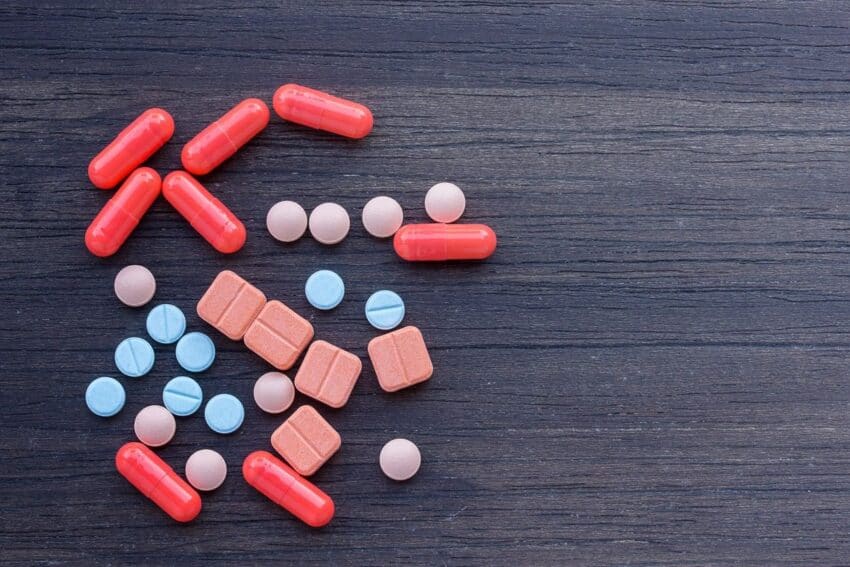We’re all used to a doctor prescribing us some meds, taking them, and getting better. However, have you ever wondered how medications function?
While it’s impossible to explain every little detail (which is why there’s a whole branch of science dedicated to it), this article shows a simplified view of how medications work!

Types of Medications
Liquid medications, medication tablets, and medication capsules are the most common types of medications.
Liquid medications are easy to absorb, so doctors often use them in emergencies – they’re fast-acting.
Tablets are essentially the active ingredients of the medicine pressed into a solid shape. Some are soluble in water, while others need to be swallowed.
Capsules are small plastic shells that the acid can dissolve in your stomach. Some have to be swallowed whole, while others can be put into food. Capsules in food are easy to get children (and pets) to ingest them!
Two other common types of medications are inhaled and topical medicines. Inhalers are well known to people with asthma and similar conditions – the medication travels into the lungs, providing relief instantly.
Topical medication refers to creams and ointments that are applied to the skin. They can treat many problems, from skin conditions (such as a rash) to orthopedic pain.

How is Medication Made
The active ingredients found in medicines are found worldwide – usually in nature. For example, some ingredients are isolated from snake venom (the exact active agent depends on the snake species).
Medicine is made in labs – to simplify it, a bunch of stuff is combined, and what you get is a medicine. This doesn’t apply to all medicines, though. Penicillin, for example, is actually a fungus byproduct, so it’s not as easily synthesized in a lab.
After production, medicine has to be approved by the Food and Drug Administration.
Some medicines have to go through the process of compounding medication, and this is essentially tailoring the medicine for the person using it. This practice is needed with patients that are intolerant towards an ingredient found in mass-produced medicine!
How Medication Works
Depending on the exact purpose of the medication, here’s how it works.
Medication is designed to travel to a specific receptor in the body and alter its behavior. Different receptors can be targeted depending on the illness you’re suffering from and the medication you’re taking.
If you’re suffering from indigestion and diarrhea, the medication will target receptors in the gut. If you need blood thinners, then the medication targets receptors in the blood.
Pain meds, for example, instruct the receptor to stop striking off pain signals in the nerves. Because of that, your headache goes away.
Just like all things, medication isn’t infinite, and it will, in a way, evaporate from your body. The active ingredient will influence the receptors, but it will eventually wash out of the body (usually through urination).
If you don’t take enough medication for your condition, you’ll see no change, so it’s crucial to listen to your doctor. On the other hand, if you take too much medication, you could suffer side effects.
Side effects mean the medication started binding to receptors it shouldn’t bind to.
The medication your doctor prescribes is always the right amount – enough to keep affecting your receptors but not so much you suffer side effects.
How to Take Medication Correctly
The first rule of medication is always following the doctor’s prescription. If your primary physician said you should take one capsule in the morning and one in the evening – then take two capsules. Not three, not one-two.
Secondly, make sure to inform your doctor of everything. If you start developing any side effects after taking the medication or simply feeling unwell, your doctor must know about it.
You might be intolerant to this specific medication, which can only cause more damage!
Check the medication you got – it has to be the same medicine your doctor prescribed to you. You also can’t forget to read the label and the listed side effects.
Use medicine according to instructions – if it says you can’t operate vehicles, then don’t operate vehicles under the influence of medicine.
Don’t stop taking your medication unless your doctor tells you to.
Lastly, don’t share the medicine with anyone else. Even if someone suffers from the same condition you do, that doesn’t qualify that person to take the same medicine as you.


